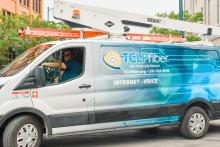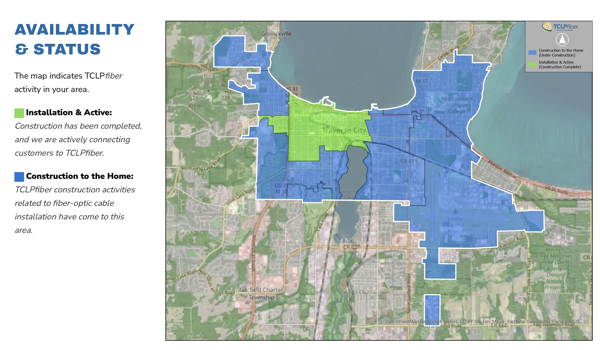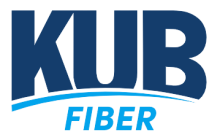Williston, Florida’s $4.6 Million City-Owned Fiber Network To Go Live Soon
The city of Williston, Florida is joining the ranks of municipalities across the nation that are building their own fiber broadband networks with an eye on ubiquitous, affordable access. City leaders say they’re preparing to launch a city-owned $4.6 million fiber optic ISP to break the local telecom monopoly logjam and finally provide fast, affordable access to the local populace.
Earlier this year the Williston city council voted unanimously on a $4.6 million loan to help fund a Williston Fiber network that will reach all 3,433 local residents. Last December, the city held a city council meeting to finalize the arrangement, construction of which had technically started last summer.
“They’re excited,” Williston Mayor Charles Goodman tells local ABC affiliate WCJB. “People are just chomping at the bit, ready for it. I deal with phone calls every day. ‘When is it ready? When is it going to be here? They’re putting it in front of my house, can I hook it up now?’, you know these kinds of things.”
“What I tell them is we’re just building the project,” he added. “It’s still under construction. We’re hoping to have everything done by the end of the year.”

Goodman has publicly expressed concern about the cost of the project, but local supporters, and all of the city council members, say the network is a necessary remedy to the lack of affordable, fast, and reliable broadband access, increasingly essential for online educational, health, employment, and other opportunities.










